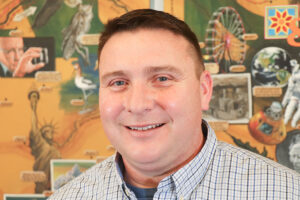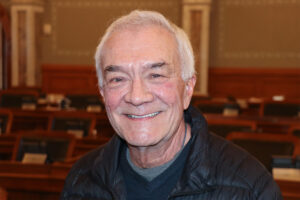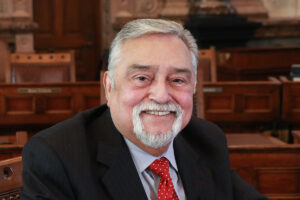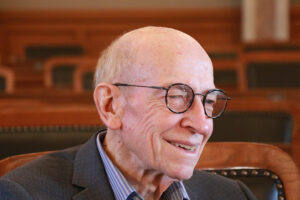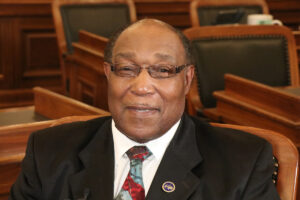Interview of Raphael Wahwassuck, February 28, 2022
Interviewed by Brad Hamilton
The Tribal Council of the Prairie Band Potawatomi Nation selected Raphael Wahwassuck to interview with KS Oral History about public policymaking by tribal governments. The interview covers how tribal governments relate to local, state and federal governmental units and how Wahwassuck, as a tribal council member, develops effective working relationships. He gives examples of local cooperation using emergency services and law enforcement. He also speaks to the challenges in ensuring equitable distribution of school funding, COVID relief measures and impact aid. Relationships with local governments are easier than at the state or federal level. Show MoreNation to Nation conversations are more difficult. The development of casino gaming produced increased and adequate revenues for the Tribe since they have no tax revenue from property taxes. Their services to their tribal members and surrounding communities have increased as a result of gaming. Show Less

